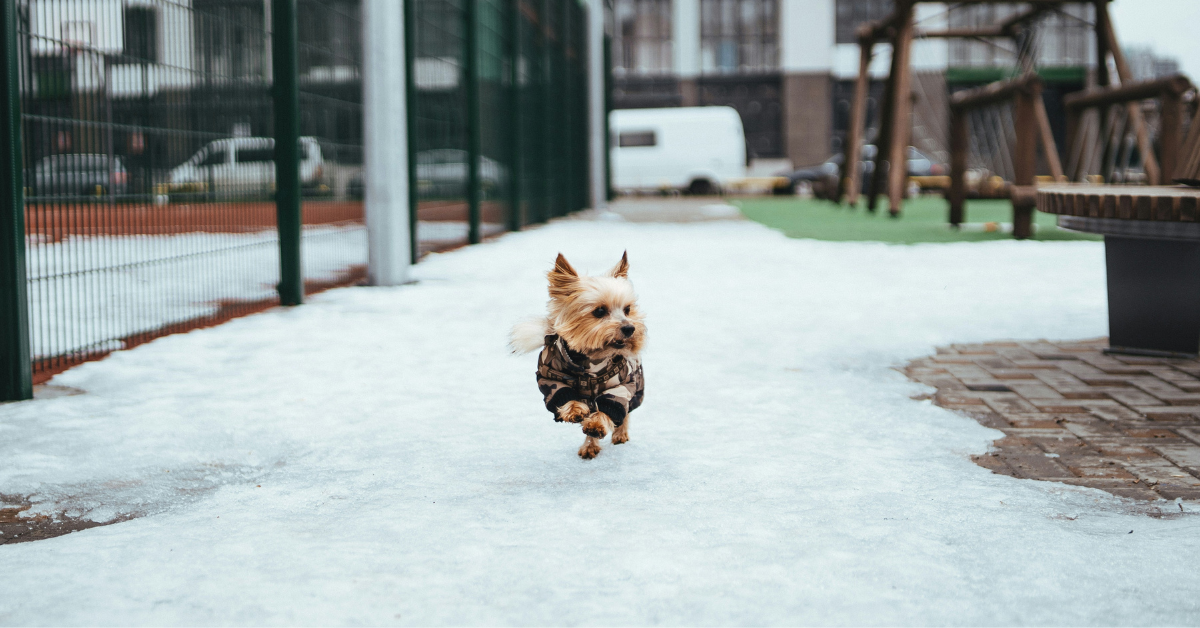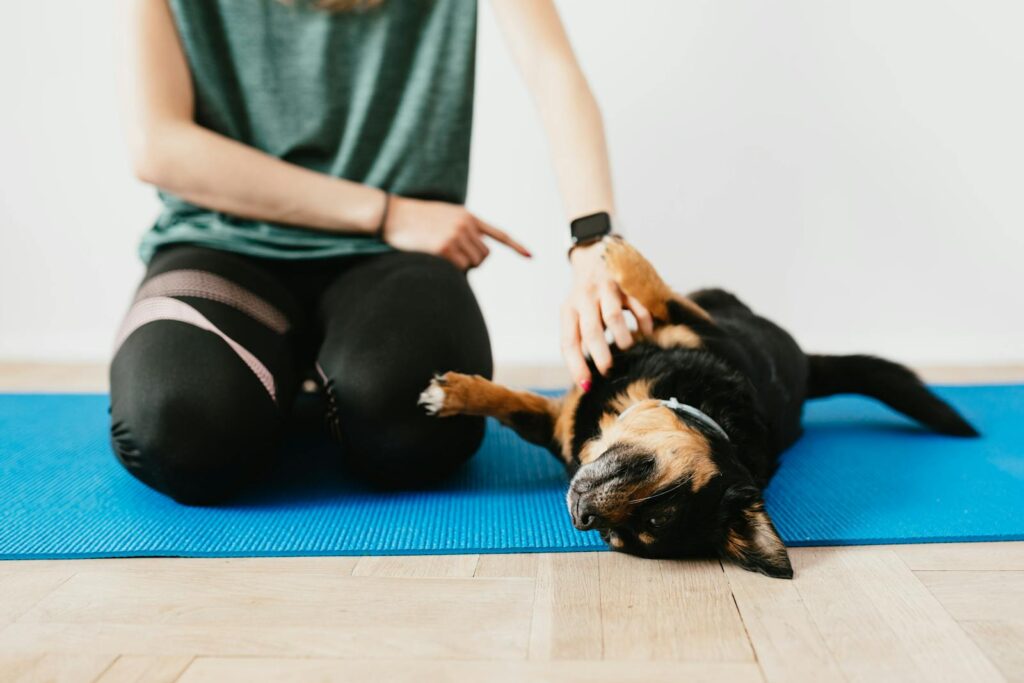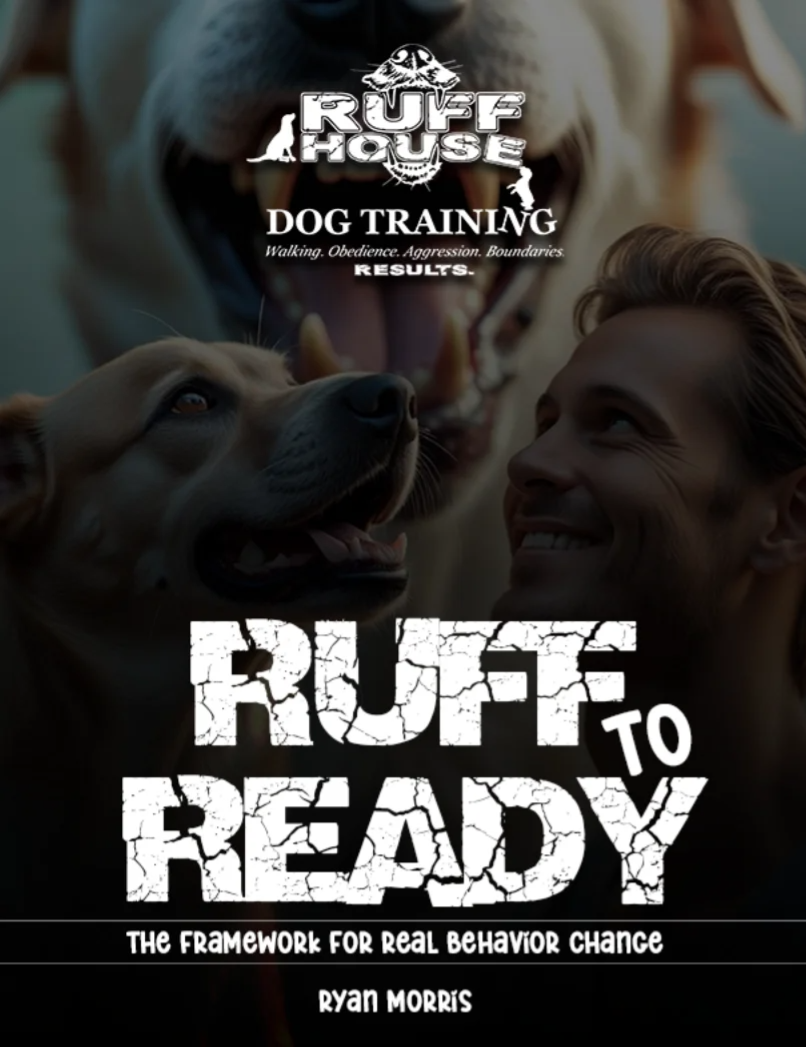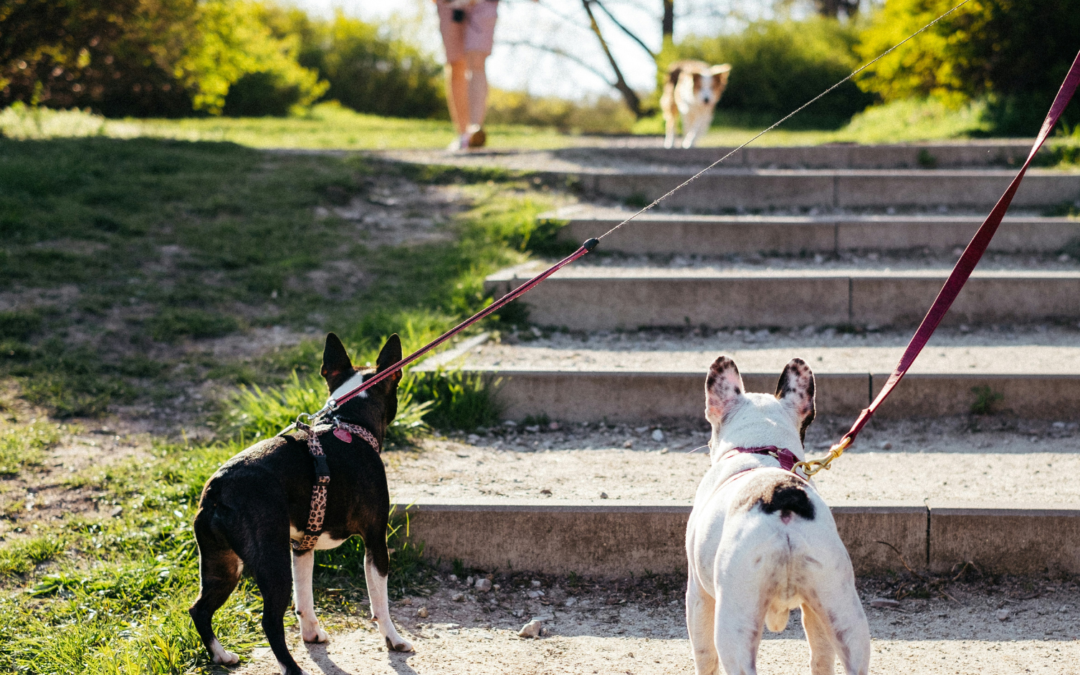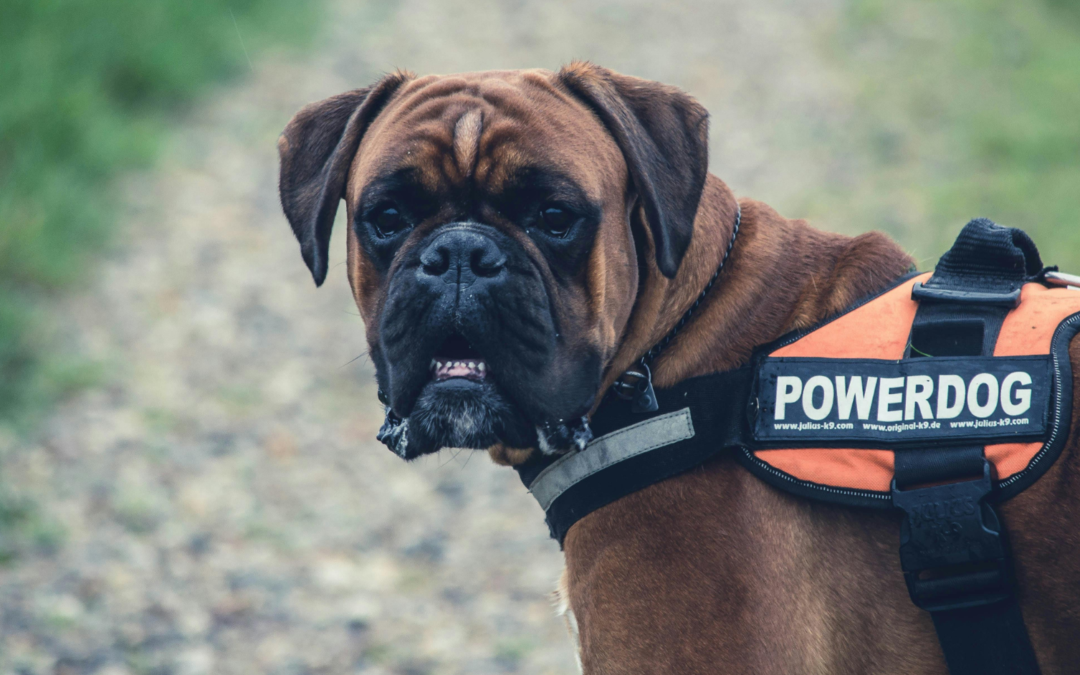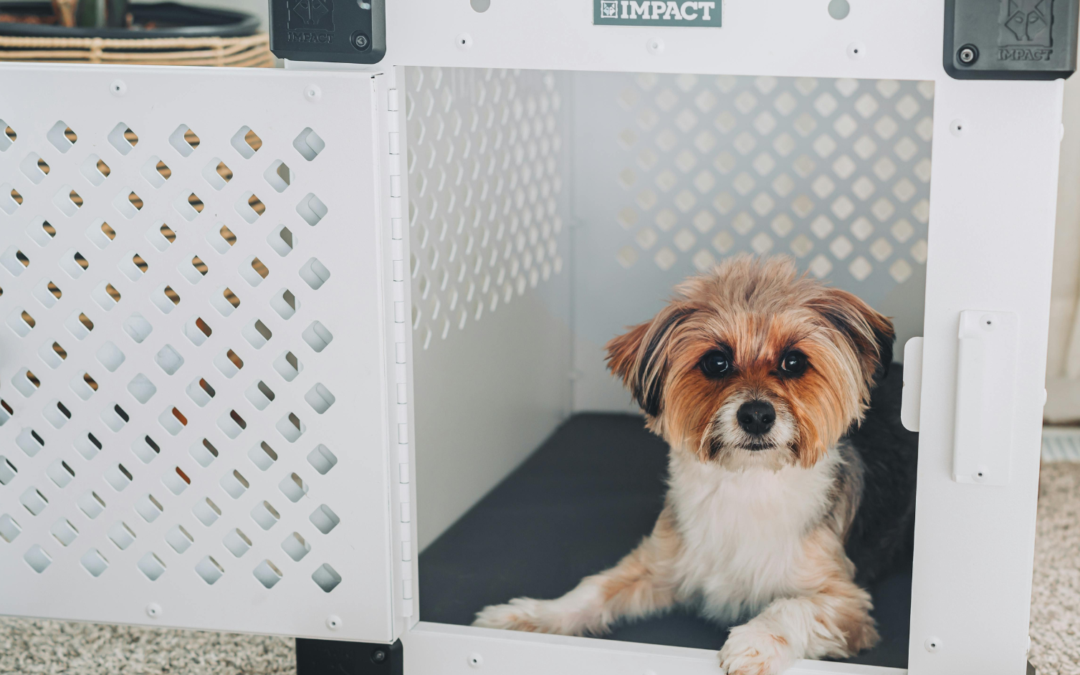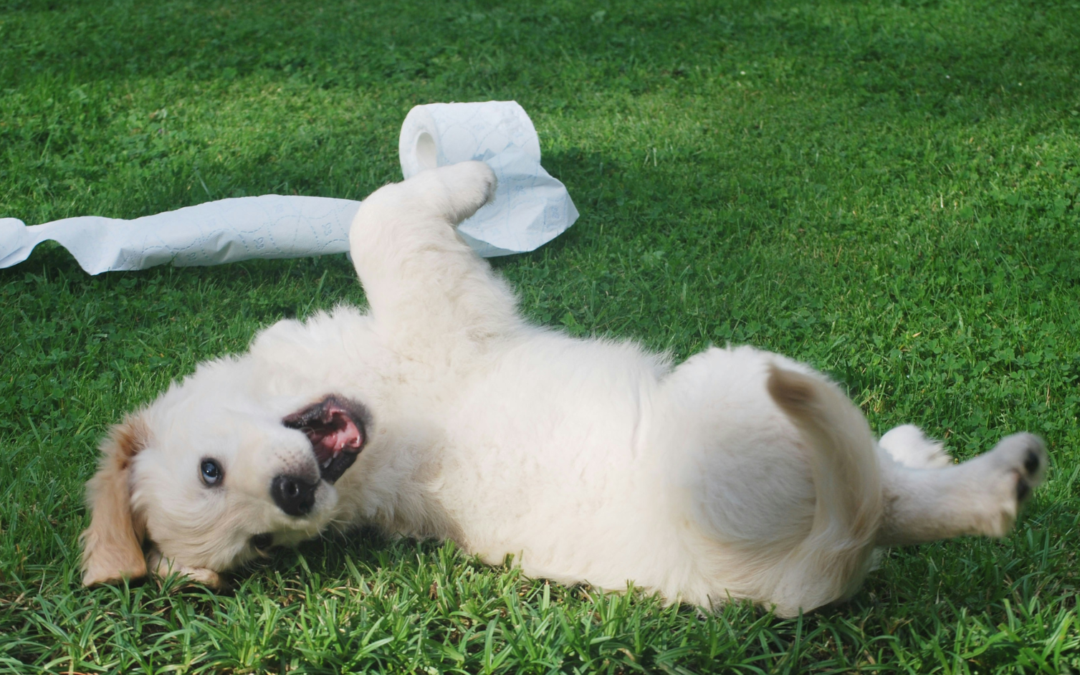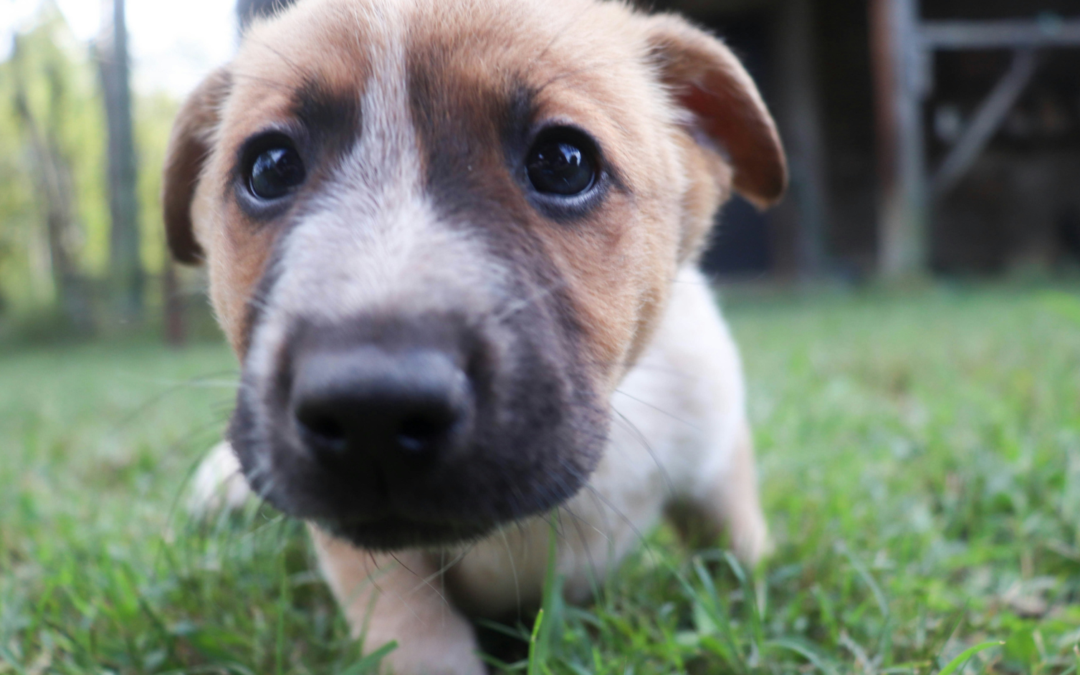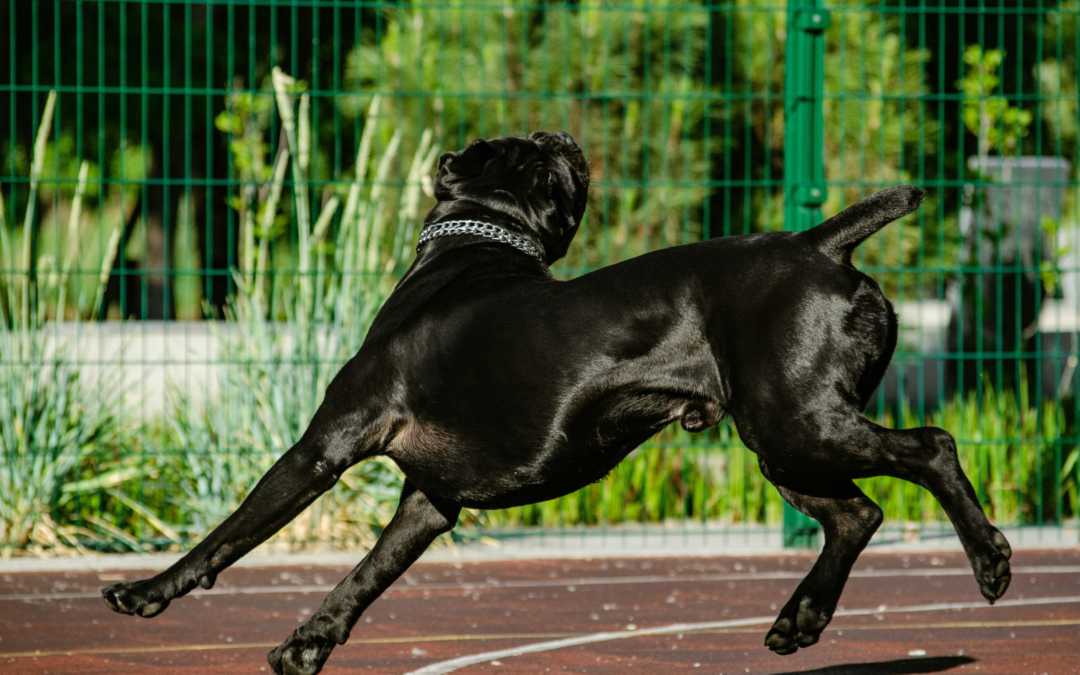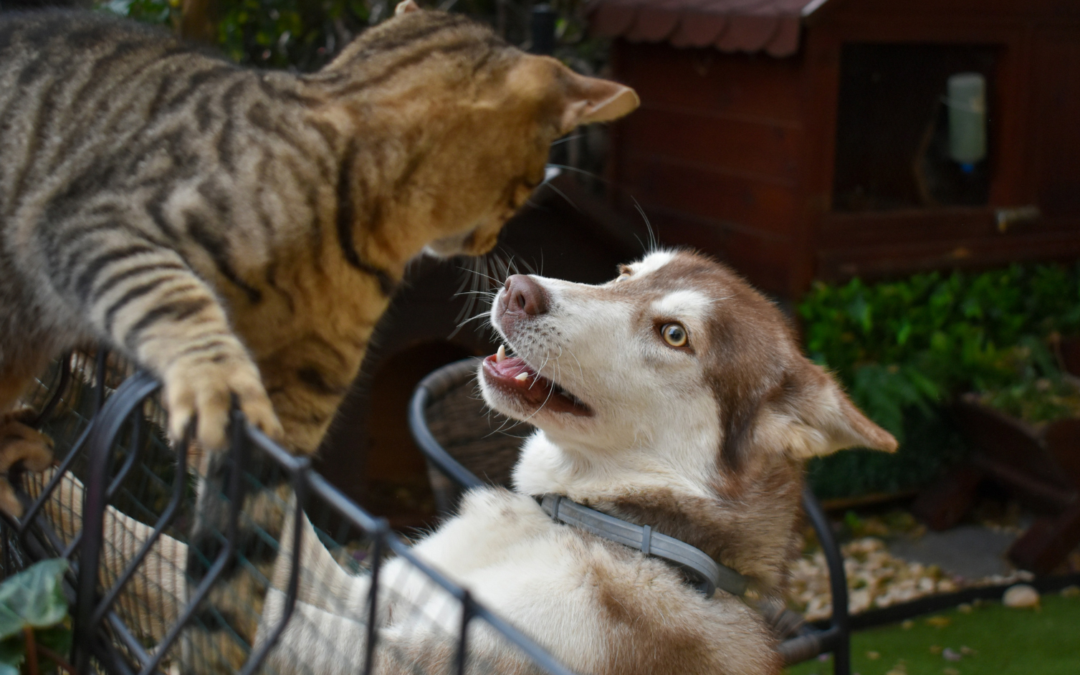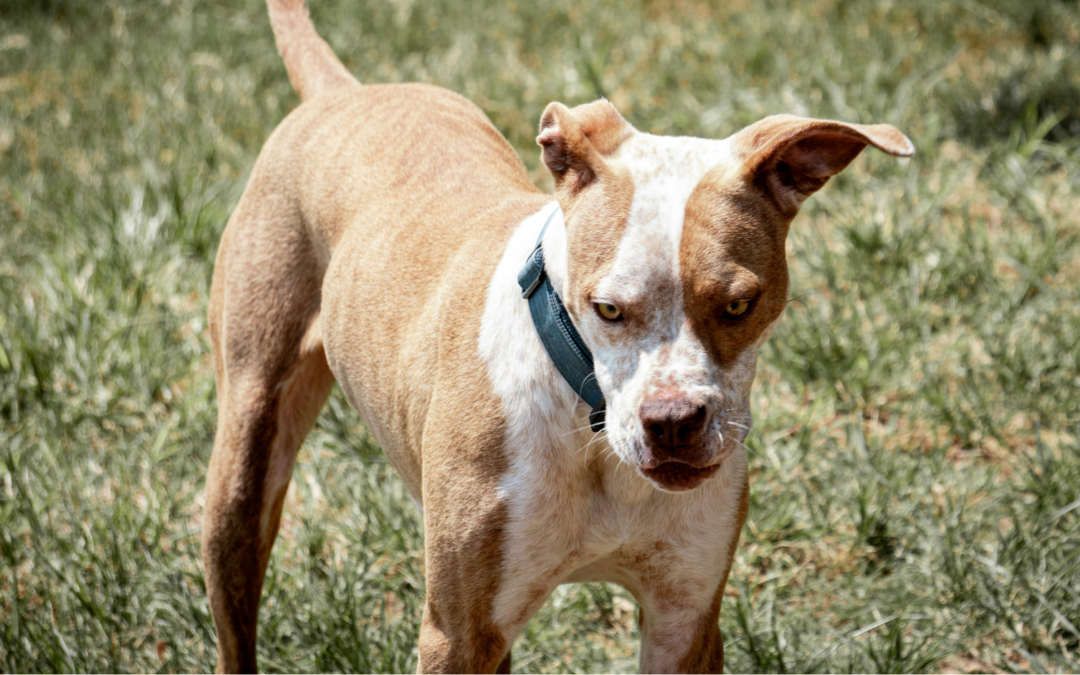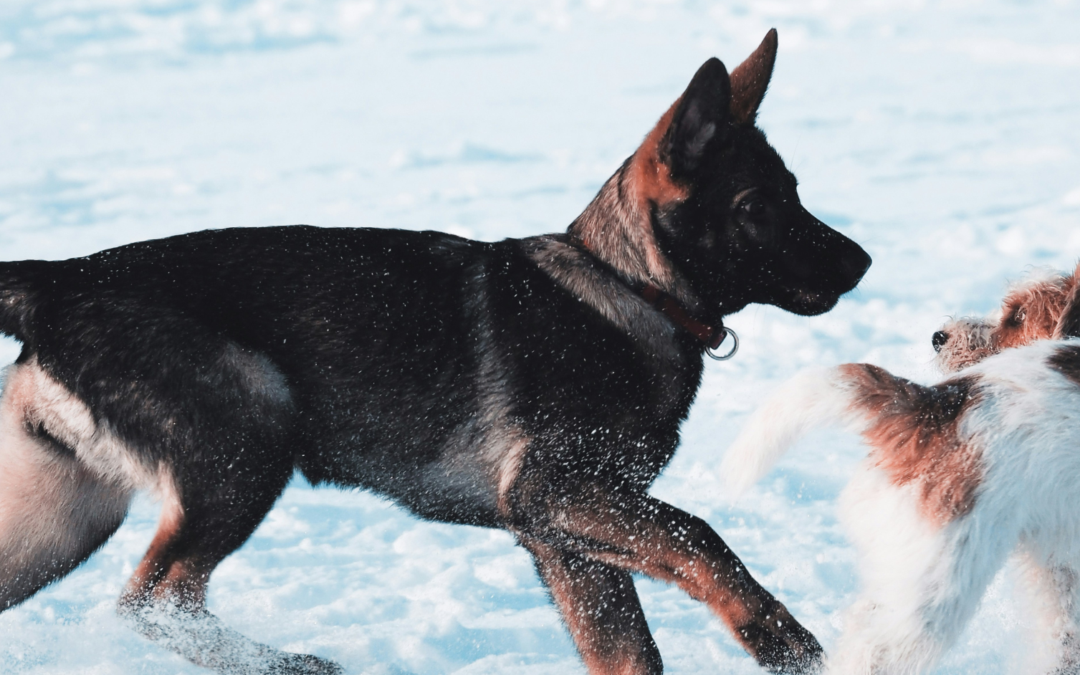Are you looking for a trainer that can work with small dog breeds?
Big Personalities Come in Small Packages
Small dog breeds often pack the biggest personalities. From the spirited Yorkshire Terrier to the affectionate Cavalier King Charles Spaniel, these dogs make up for their small size with immense energy, loyalty, and intelligence. You’ll never have a dull moment with these little companions, each one bringing something special to the home, whether it’s the curiosity of a Toy Poodle, the charm of a Maltese, or the spunky confidence of a Chihuahua.
Though originally bred for a wide range of purposes, from hunting small foxes to keeping up with larger pets, these miniature breeds have become beloved members of families everywhere. Their cute faces, expressive heads, and eagerness to curl up in your lap make them hard to resist. But don’t let their size fool you. Small dogs like Pugs, Italian Greyhounds, and Wiener dogs still need consistent physical activity, daily brushing, and plenty of mental stimulation to stay happy and balanced.
For first time owners or those navigating city living with multiple pets like cats or other dogs, understanding how these breeds think and feel is key. Many small dogs are incredibly sensitive to human emotions, feeding off your energy and thriving on routine, gentle structure, and clear boundaries. At Ruff House Dog Training, we tailor our programs to match your lifestyle and your dog’s personality. Through structure, humor, and hands on guidance, we help you create calm out of chaos, building a stronger bond between humans and their tiny but mighty companions.
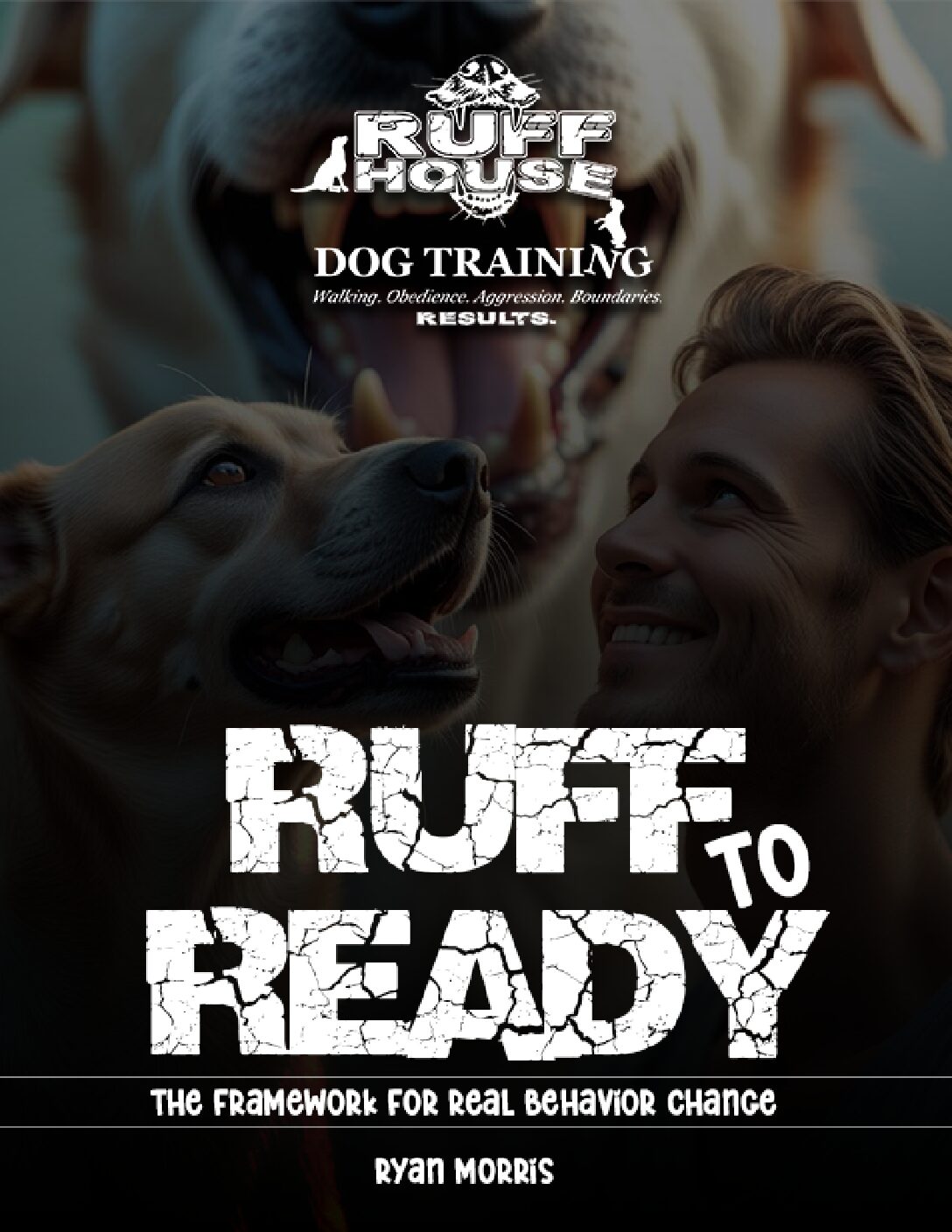
Get the Ruff to Ready framework and start making progress with your dog today.
"*" indicates required fields
Common Challenges for Small Dog Breeds
Don’t let their size fool you—small dogs come with their own set of behavioral hurdles. Many owners face issues like excessive barking at every passing stranger, separation anxiety when left alone, or leash reactivity toward bigger dogs. Some develop “Velcro dog” syndrome, becoming overly attached and following their owners from room to room.
Because of their strong-willed, energetic, and sometimes sassy personalities, consistency and mental stimulation are essential. It’s crucial to treat small dogs like dogs, not like toys or accessories. Setting clear expectations and boundaries builds trust and respect, preventing small issues from turning into major problems. This foundation helps your dog understand their role in the family and look to you for guidance.
You want to set them up for success by not giving affection at all times. This is our worst enemy at times, as it creates that need for the dog to want to be around at all times. This could spell trouble if anyone else wants affection or if you just want some alone time. This isn’t unique to a smaller breed, s we tend to give gratuitous affection to dogs, no matter the size. Smaller pups in general are usually the receivers of immense amounts of affection and not enough boundaries. Ensure that you treat the dog as a dog.
Boston Terriers: The American Gentleman With Endless Energy
With their expressive eyes and dapper tuxedo-like markings, Boston Terriers are known as the “American Gentleman.” These dogs are incredibly playful and affectionate, but their energy level can be surprisingly high. They need daily exercise and mental engagement to stay happy and out of trouble.
Without proper structure and leadership, their boundless energy can lead to unwanted behaviors like jumping, chewing, or excessive barking. A consistent routine helps them channel that energy productively. Luckily, their grooming needs are moderate; their short coats require minimal care, making them a great fit for busy owners who still want an active companion.
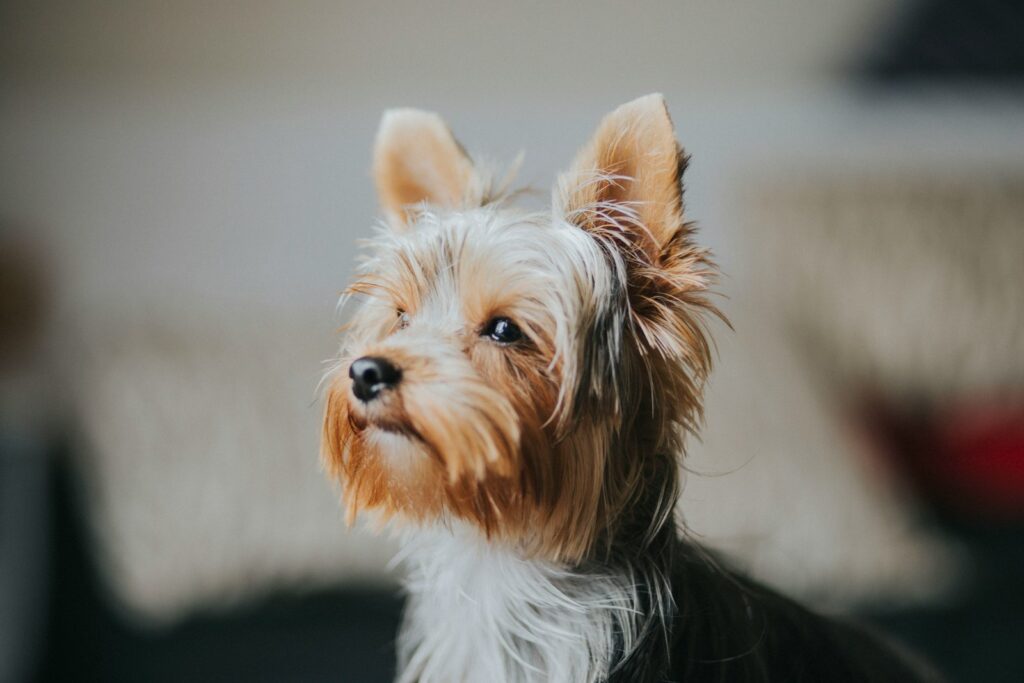
Photo by Fernanda Nuso on Unsplash
Yorkshire Terriers: Big Attitude in a Tiny Body
The Yorkshire Terrier is a prime example of a big attitude in a tiny body. Yorkies are super smart, alert, and often strong-willed, but they are also deeply loyal and eager to please the right leader. Their confidence can sometimes translate into a “little-dog-takes-on-the-world” mindset, leading them to challenge larger dogs or bark protectively.
Training is key to helping them feel secure and calm. Their beautiful, silky coat requires regular grooming, which can become a wonderful bonding activity between owner and pup. With the right guidance, these affectionate dogs become well-mannered and devoted companions.
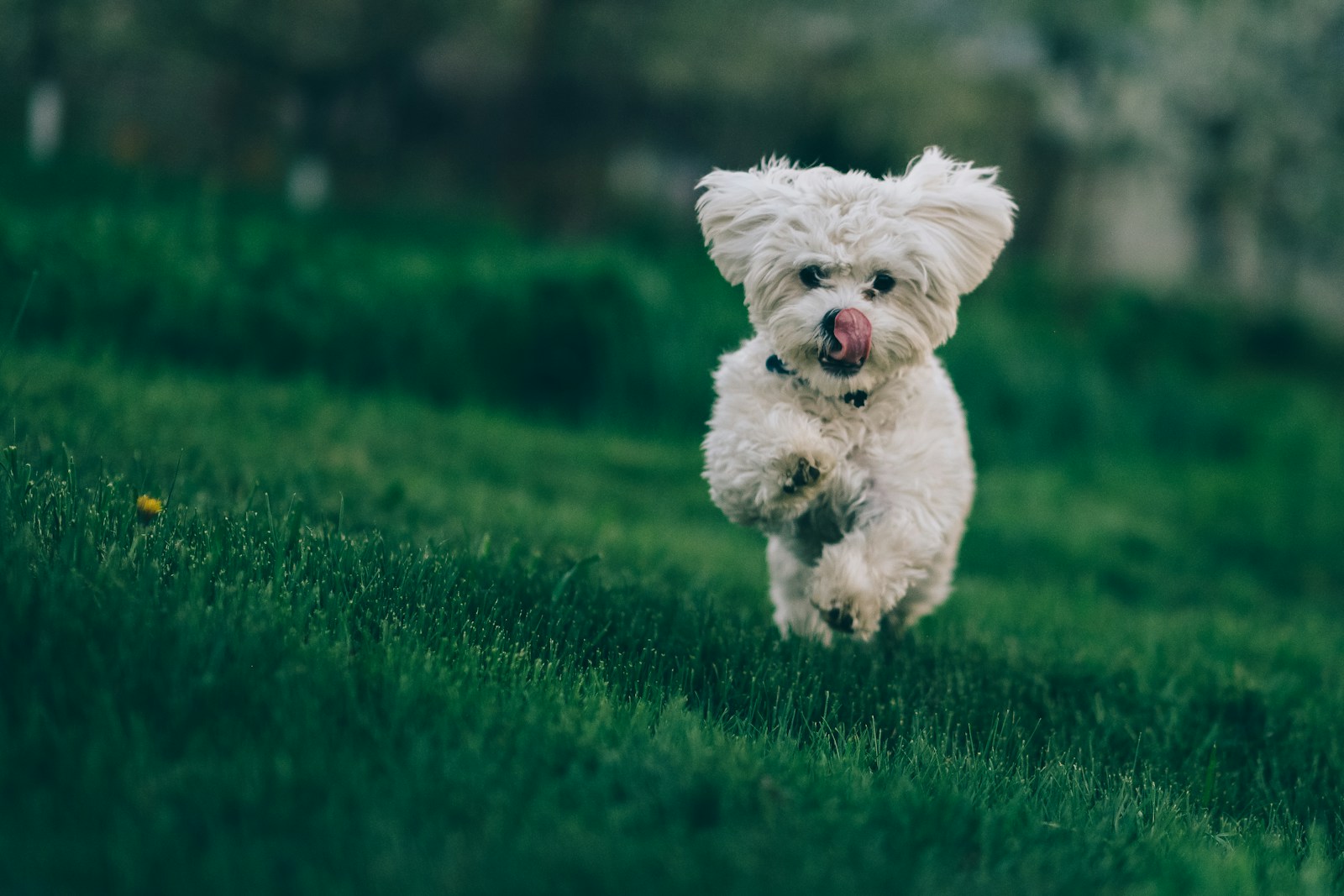
Photo by Gabriel Crismariu on Unsplash
Bichon Frise: The Small White Dog That Brings Joy Everywhere
The Bichon Frise is a cheerful, social, and clever small white dog that seems to bring joy everywhere it goes. Their playful and charming nature makes them excellent pets for families and a great fit for city living. They adapt well to different environments but thrive on being part of the action.
Because they are so intelligent, they require routine and mental stimulation to prevent boredom, which can lead to separation anxiety or destructive habits. Their fluffy coats have specific grooming needs to prevent matting, but overall they are a minimal maintenance breed when it comes to exercise, making them a balanced choice for many households.
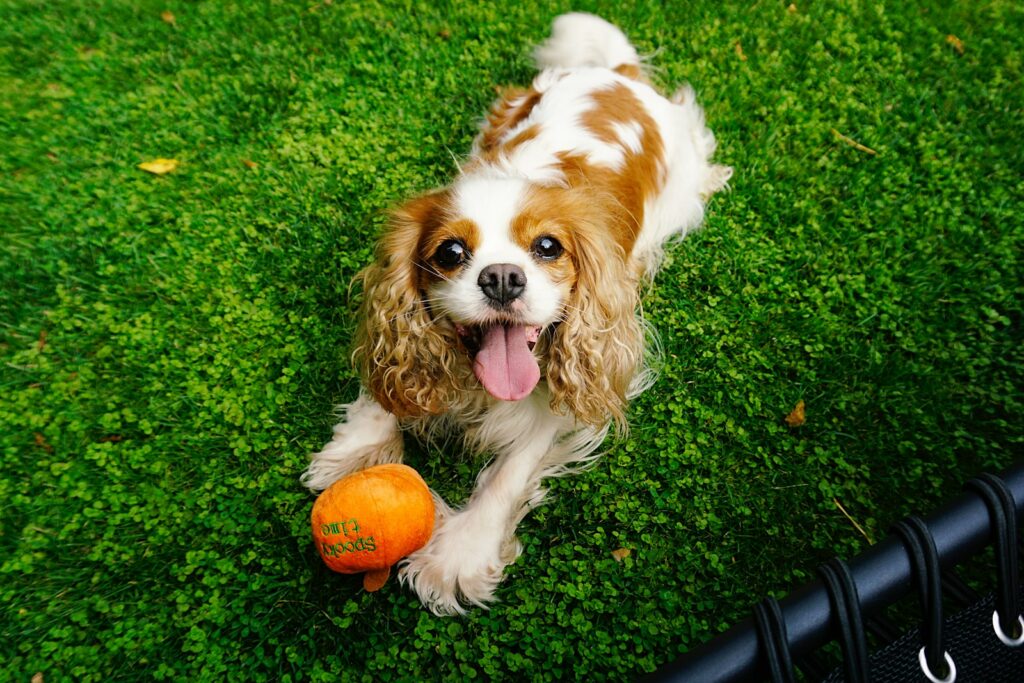
Photo by Ralf Sauter on Unsplash
: The Sweetheart of Small Breeds
Often called the sweetheart of the toy group, the Cavalier King Charles Spaniel is known for its gentle, affectionate, and loving temperament. With their soulful eyes and silky hair, they form a strong bond with their family and are fantastic companions for first-time owners. Their small size makes them adaptable to various living situations.
Cavaliers love companionship and can become clingy if they don’t have clear structure. They have moderate exercise needs and enjoy daily walks and playtime. Consistent grooming keeps their coat healthy and beautiful. Providing gentle leadership helps these sweet-natured dogs feel secure, whether you’re home or away.
Small Spaces, Big Lessons: Training for Apartment & City Living
Living with a toy breed in a Northern Virginia apartment or condo comes with its own rulebook. Managing barking, perfecting house training in a high-rise, and finding outlets for energy indoors are common concerns. The key is to make their small world feel big with enrichment.
Mental stimulation is just as important as physical exercise. Simple games like “find the treat,” puzzle toys, and basic scent work can tire out a small dog faster than a long walk. Establishing a predictable routine for potty breaks, feeding, and playtime helps manage expectations and reduces anxiety. Ruff House tailors programs specifically for city dogs, providing solutions that fit busy schedules and smaller living spaces.

The Ruff House Approach: Real Training, Real Results
At Ruff House Dog Training, we believe that understanding your dog is the first step toward changing their behavior. Our structured, humorous, and supportive style helps pet parents connect with their small dogs and provide the leadership they need. We ditch the cookie-cutter methods and focus on what works for you and your pup.
We offer flexible options to fit every situation, from our 90-Minute Miracle session designed to jump-start progress to our comprehensive 6 Week Obedience Training for lasting obedience. For more complex issues, we create custom behavior plans. Best of all, every program includes our signature unlimited post-session support. We’re here for you long after the training session ends, because we’re as committed to your dog’s long-term success as you are.
